
Aug 14 2023.
views 320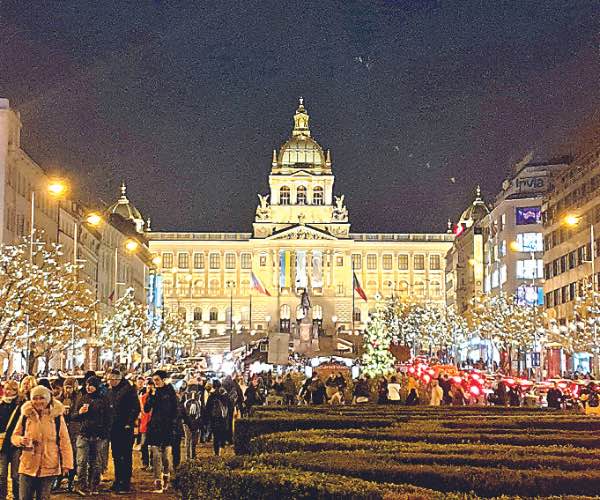
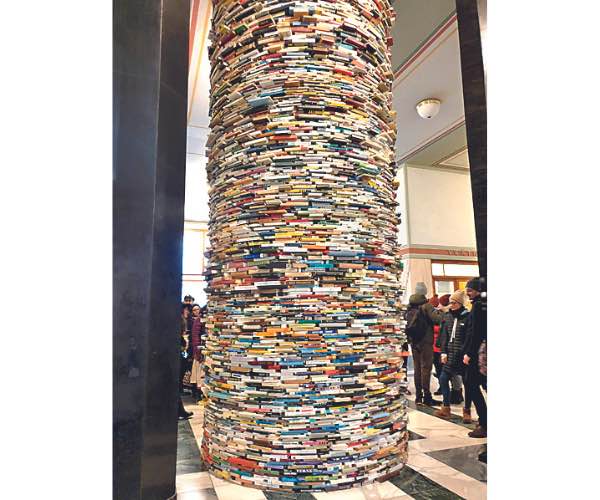
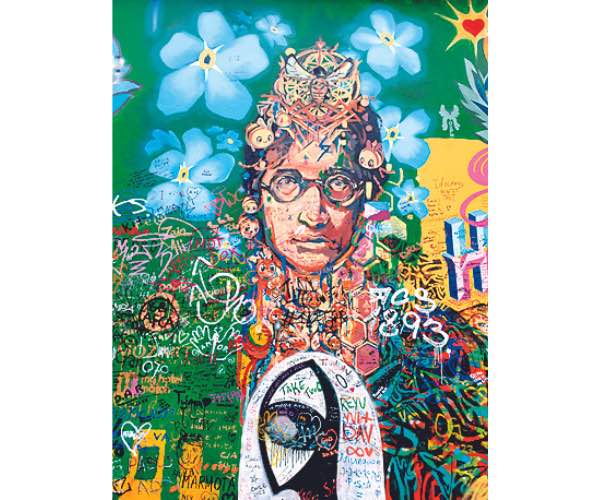
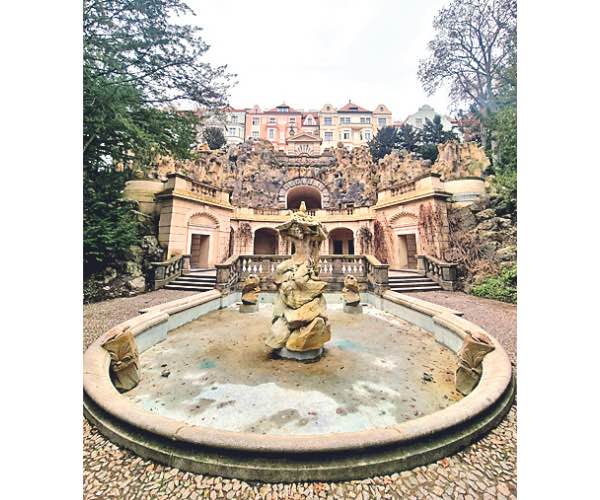
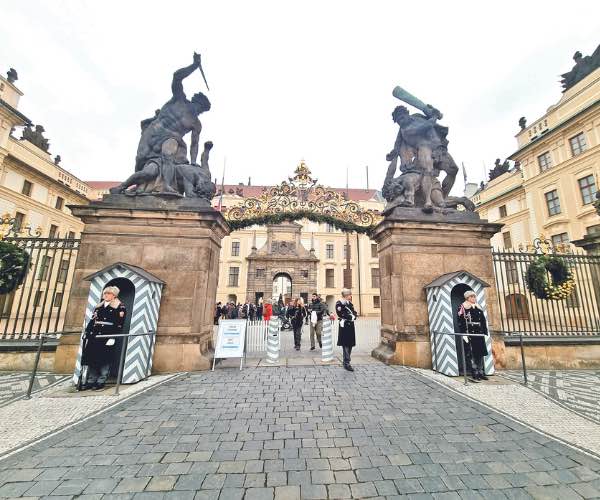
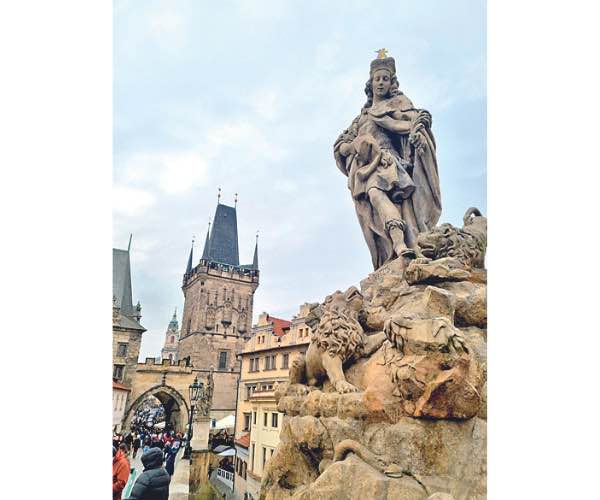
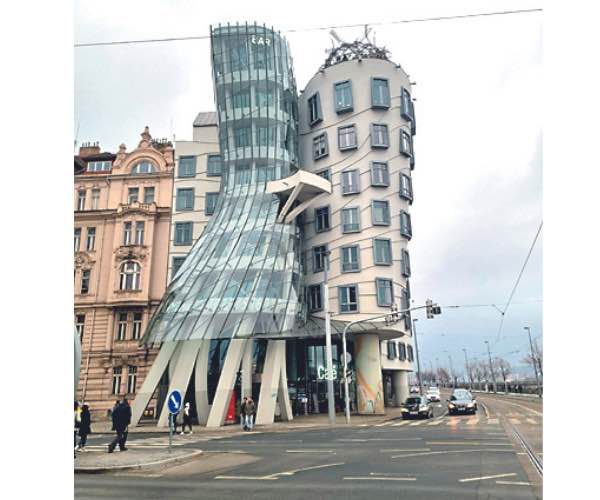
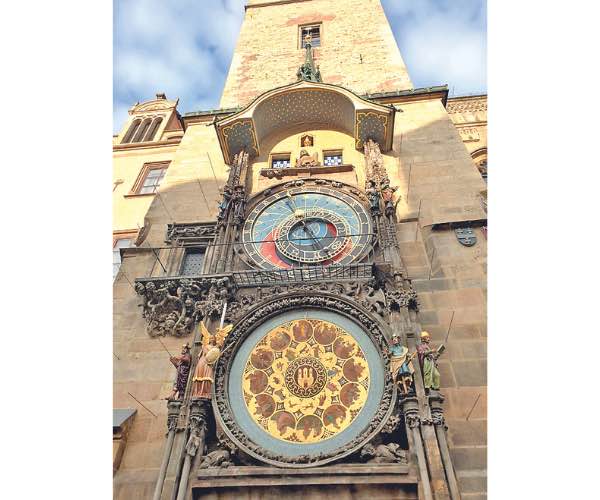
Prague or Praha, the capital of the Czech Republic is a perfect destination for a romantic getaway or those wishing to immerse themselves in culture and architecture. Armed with a list of places to visit in Prague, I braved the bitterly cold winds and set out. Ten minutes into my walk I checked the price of a taxi and to my surprise realised that Uber rides were super cheap. Given the cold weather, it seemed better to flit from site to site in a taxi rather than end up cold to the bone.
One of the first places on my list was The Old Town Square. This has been the main marketplace for the city for over 1000 years. The Old Town Square plays host to the Astronomical Clock. Affixed onto the walls of the Old Town Hall, this clock has been in operation since 1490. The doorways above the clock open and a procession of 12 mechanical dolls (representing the Apostles) pass by the window. On closer inspection, you can see Bohemian life scenes painted by Czech artist Josef Manes on the calendar dial below the clock face.
In the same area stands the Powder Tower which marks the entrance to the Old Town. The dark Gothic structure is one of the 13 original city gates and was used to store gunpowder during the 17th century. Also in the locality is the Gothic Church of Our Lady before Tyn which was built from the mid 14th to the early 16th centuries. The cathedral serves as an extensive gallery of Gothic, Renaissance and Early Baroque works, the most interesting of which include altar paintings by Karel Škréta. The organ, dating from 1673, is the oldest in Prague.
The Jan Hus Monument which is a stone and bronze monument pays homage to Jan Hus, a respected Czech figure and church reformer who was burnt at the stake as a heretic. Jan Hus’ death led to the Hussite Wars, a protestant rebellion against the Roman Catholic Church. Jan Hus is recognised as an icon of strength against oppressors.
A short walk away from the Old Town Square and the Vltava River is the Jewish Quarter. This small area known as Josefov, was once a walled Jewish ghetto. The many historical monuments within the area provide a sombre reminder of the awful conditions the Jewish people were forced to endure. The cemetery is packed with graves and is one of the largest Jewish cemeteries in the world. The earliest tombstone dates back to 1439 while the last burial took place 348 years later... As space was scarce, bodies were buried on top of each other. There are about 12,000 tombstones in the cemetery many beautifully decorated with different motifs.
The Old-New Synagogue still stands as the oldest active synagogue in Europe. Other sites include Maisel Synagogue, Pinkas Synagogue, Klausen Synagogue, the Ceremonial Hall, and the Spanish Synagogue.
Not many people have a library earmarked as a destination to visit while on holiday. However, I decided to visit the Municipal Library which houses the Tunnel of Books. Actually called an Idiom, this is a column of 8000 books created by Slovak artist Matej Kren. It’s also sometimes referred to as the ‘tower of books' and was installed in Prague Municipal Library in 1998.
A visit to Wenceslas Square is also a must. The wide boulevard is named after Saint Wenceslas and has shops selling a range of merchandise. Wenceslas Square has been the venue for political demonstrations, public speeches, and acts of opposition against oppression.
If you like modern architecture then head to the Dancing. Inspired by the legendary on-screen couple Fred and Ginger, this is one of Prague’s most popular landmarks. The nine-story structure was designed by the architectural team of Croatian-Czech architect Vlado Milunić and Canadian-American architect Frank Gehry.
If time is on your side then visit Havlíček Gardens, also known as Grébovka. This is a city park which was built in the Italian Renaissance style. The park is nicknamed Grébovka Park after its founder Moritz Gröbe, who bought the land in very poor condition in 1870. During the following 17 years, he had it turned into a landscape with more than 120 species of exotic trees and plants. There he had an artificial stalactite cave constructed, as well as a neo-Renaissance villa, the Pavilion and the Vineyard Gazebo.
You can also explore Malá Strana, Prague’s so-called Lesser Quarter. To get there venture walk across the iconic Charles Bridge which is Prague’s oldest bridge built between 1357 and 1402 and admire the 30 statues of saints which decorate the bridge.
Mala Strana has a character of its own. The charming pastel-hued buildings, cobblestone streets lined with baroque and Renaissance architecture, old-world pubs and traditional restaurants help to make it a fairy-tale neighbourhood.
Perched atop a hill overlooking Mala Strana is Prague Castle, the largest medieval castle complex in the world. Comprised of Gothic churches, Baroque halls, ornate palaces, and lush gardens, the castle dates back to 870 and was once home to Bohemian royalty and Holy Roman Emperors. Today it is the official residence of the Czech president. With its twin Gothic spires and ornate carvings, St. Vitus Cathedral is the prized jewel of the Prague Castle complex. Also in the vicinity is a stretch of parapet with various artwork called the John Lennon Wall. The John Lennon Wall symbolizes freedom of speech and the non-violent resistance of the Czech youth. The wall started in 1980, shortly after Lennon was murdered. Although John Lennon never visited the location of the wall, it was crafted as a symbolic burial site by the youth of Prague.
Easy on the pocket and sites conveniently located close to each other, Prague is a lovely destination to explore.
PHOTOS Tina Edward Gunawardhana
0 Comments